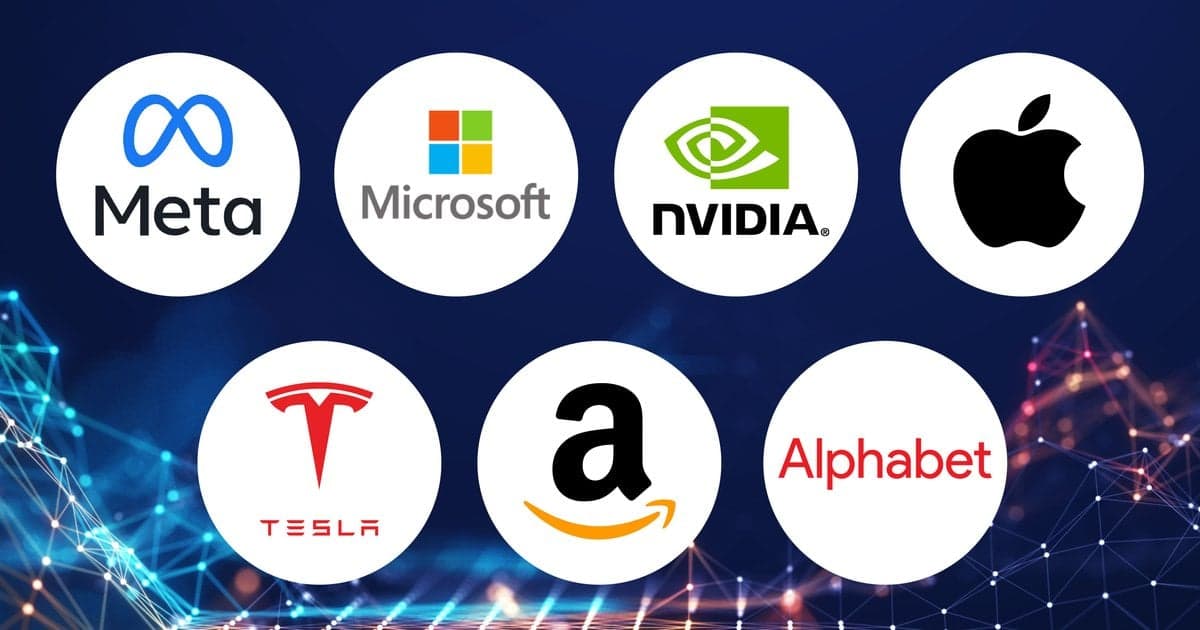"Magnificent Seven" Market Dominance Prompts Debate on Investor Underweighting

The substantial market influence and robust earnings power of the "Magnificent Seven" technology giants have ignited a significant debate among institutional investors regarding portfolio allocation. A recent social media post by "Endowment Eddie" highlighted the perceived underappreciation of these companies' "monopoly thesis" by the broader market, questioning whether allocators are inadvertently underweighting these dominant stocks.
"Endowment Eddie" noted, "The key question remains do you underweight or overweight Mag7? ...for allocators who benchmark to the 70/30 MSCI ACWI/BBG Agg Bond, I would bet 95% are underweight Mag 7 (24% of ACWI, 17% of 70/30)." This statement underscores a potential disconnect between the market's concentration in these stocks and typical portfolio construction. As of May 31, 2024, the Magnificent Seven—comprising Alphabet, Amazon, Apple, Meta Platforms, Microsoft, NVIDIA, and Tesla—represented 18.7% of the MSCI ACWI Index, a global equity benchmark.
These seven companies have demonstrated exceptional performance, collectively climbing 75.71% in 2023, significantly outpacing the S&P 500 Index's 24.23% return for the same period. This outsized growth has led to a highly concentrated market, with more than 70% of the total returns of the MSCI ACWI Index attributed to these few stocks. Their strong profits, particularly in the technology and consumer discretionary sectors, are driven by their scale, profitability, and technological advantages, especially in areas like artificial intelligence.
Despite their market dominance, some investment strategies actively underweight these mega-cap stocks to achieve broader diversification. For instance, one investment firm reported that its "Market-Strategy" held an 11% weight in the Magnificent Seven, compared to the index's 21%, indicating a deliberate choice to reduce exposure. This approach reflects concerns about concentration risk and the potential for a market reversal, prompting a review of top-down allocations across various market segments.
While the term "private Mag 10" mentioned in the tweet is not a widely recognized financial term, it likely refers to a conceptual group of highly influential, privately held companies with significant market power, mirroring the public "Magnificent Seven." The ongoing discussion among investors highlights the challenge of balancing diversification with capturing the substantial returns generated by these market-leading entities.